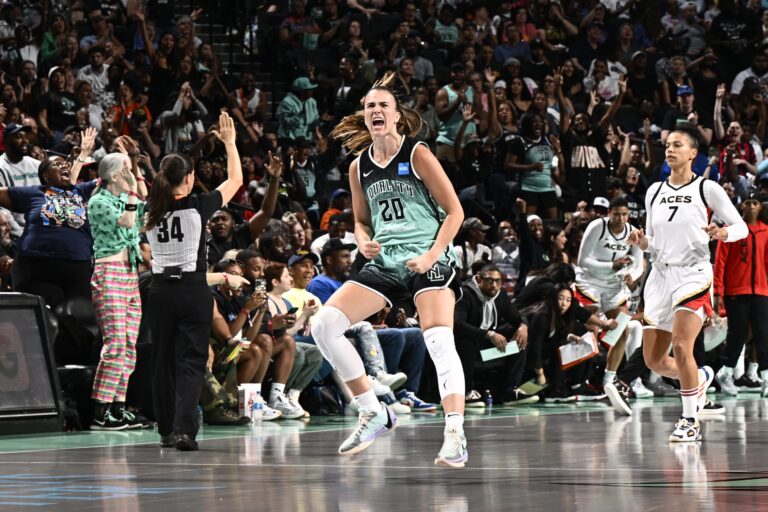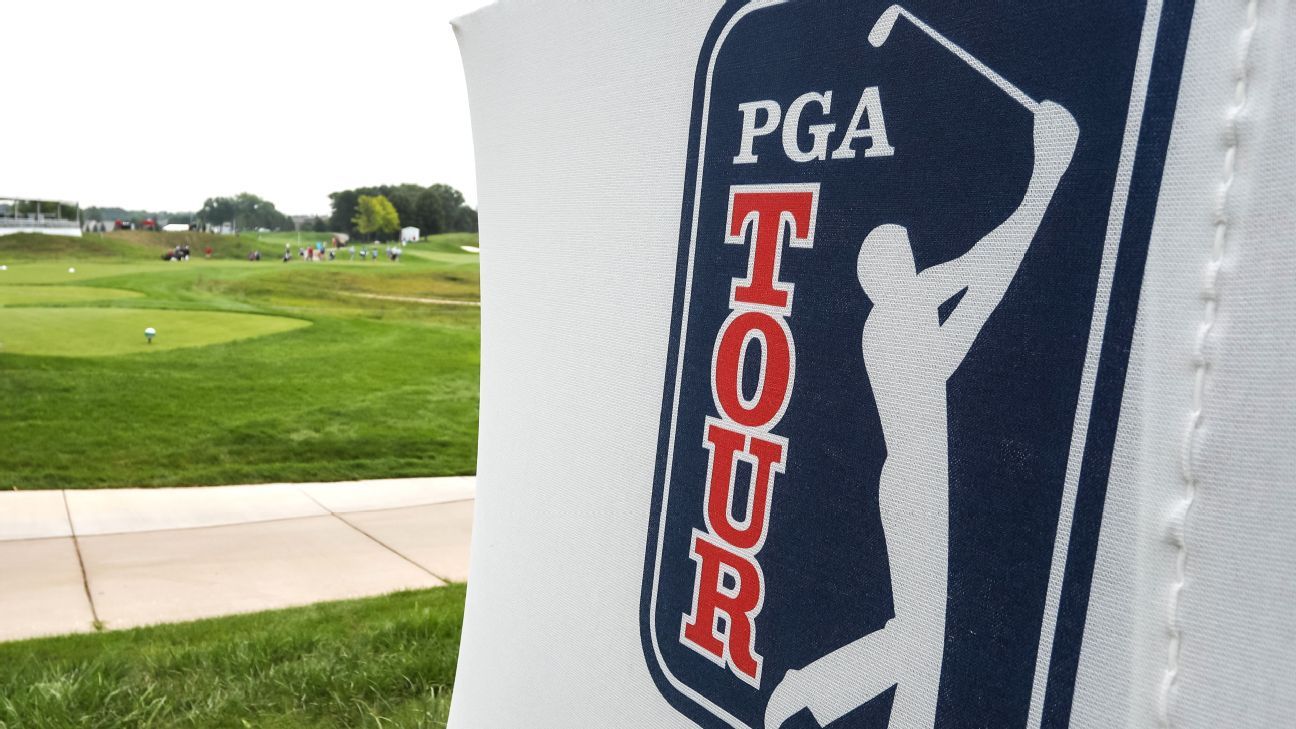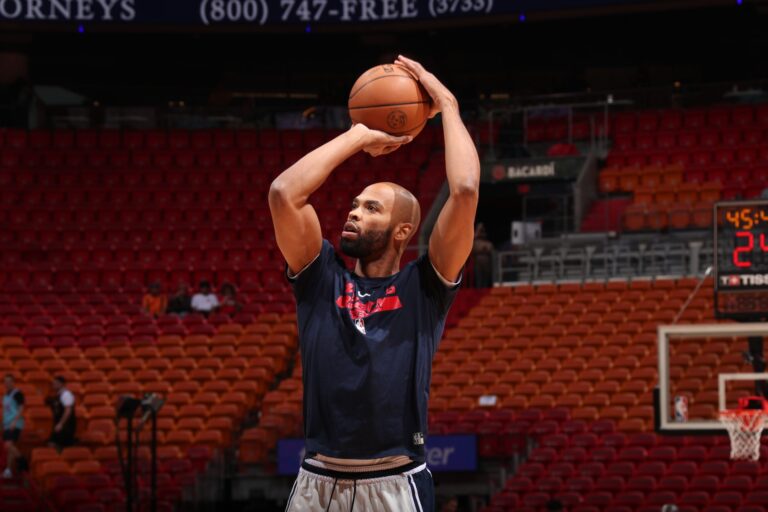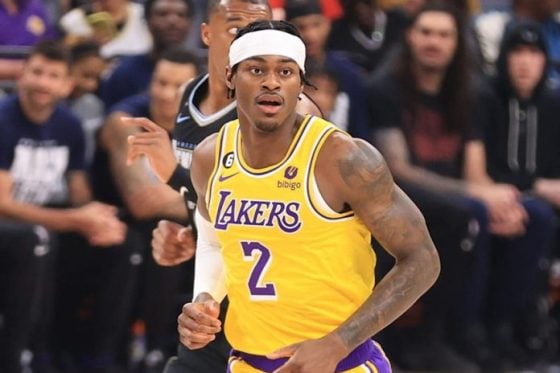Is Erik ten Hag able to translate his vision for Manchester United into reality? – Man United News And Transfer News
7
In an alternative timeline, Erik ten Hag would be the current manager at Tottenham Hotspur and Ange Postecoglou would still be a distant thought in Glasgow.
The Dutchman was interviewed for the vacant position at Spurs following Jose Mourinho’s dramatic dismissal in the lead up to the 2021 League Cup final. In this timeline, however, the Spurs hierarchy would not have rejected Ten Hag due to concerns over his communication skills, as they did in ours.
The Athletic contends the executive branch at the creatively-named Tottenham Hotspur Stadium decided to hire Nuno Espirito Santo as a result of doubts over Ten Hag’s “command of English and [his] ability to communicate ideas.” Despite being impressed with the Dutch manager’s methodical approach and proactive philosophy, they did not trust his ability to translate these ideas on the pitch.
When Manchester United later interviewed Ten Hag for their own managerial vacancy, they did not arrive at the same conclusion.
Demanding Discipline in the Dressing Room
Over a series of interviews in 2022, the club’s executives – football director John Murtough and technical director Darren Fletcher – were said to have “no issues with the Dutchman’s communication skills.”
Instead, they were receptive to his plans to “develop” the United squad, believing he could make the players “capable of competing for trophies on multiple fronts.” A “meticulous approach” – which focused on every aspect of squad’s lives – was particularly “impressive” to United’s directors.
There was a sense amongst the decision makers at Old Trafford their dressing room had developed deep-rooted issues with discipline and professionalism. The hands-off approach of the friendly Ole Gunnar Solsjkaer had followed the cold-shoulder mentality of the Jose Mourinho, with the players seeming to prey on the good nature of the Norwegian after suffering under the bad nature of the Portuguese.
Ralf Rangnick, appointed as interim manager in the wake of Solsjkaer’s departure, was believed to be shocked by the state of the United squad – physically and mentally – when he took charge. The Austrian quickly lost a dressing room which barely gave him a chance to instil his ideas.
By this stage, United’s players would seemingly rather have run to the press to leak favourable stories about themselves than actually run to press the opposition. The relationship between the team and the fans was broken.
The club’s executives believed an authoritarian rule-setter like Ten Hag would provide an antidote to this issue; a return to the days of high standards and high expectations under Sir Alex Ferguson. His philosophy at Ajax, predicated upon attacking football with an appreciation for blooding in academy players, was also valued.
And so the Dutchman passed these interviews with flying colours, with the club announcing him as their new manager in April 2022, ahead of the 2022/23 season.
The Flying Dutchman
A return to the Champions League, courtesy of a comfortable third place finish, and a first trophy in six years followed (as well as reaching the FA Cup final), with Ten Hag’s debut year in the Premier League earning the Dutchman plaudits across English football.
United’s squad responded positively to his methods, for the most part. Olá Cristiano!
In the build up to the two-nil victory over Newcastle in the Carabao Cup final, Luke Shaw praised Ten Hag’s straightforward approach: “The control he takes, the rules he sets out and everyone has to follow them — or, as you’ve seen recently, if you’re not following his rules and doing what he wants, then you won’t play.”
The month prior, Marcus Rashford was dropped for a crucial away match against Wolves after arriving one minute late to a team meeting. Deployed from the bench in the second half, the forward would come on to score the only goal of the game as United ran out 1-0 winners.
Rashford was believed to be extra-motivated to perform after feeling his exclusion had let his teammates down. Instead of being angry at a strict rule, the 26-year-old was instead angry at himself for falling foul of it.
The dressing room was seemingly having zero issues understanding the instructions and messages Ten Hag was seeking to impart. The barrier between Dutch and English did not phase him either – he was as happy to conduct interviews and press-conferences in his second language as he was sessions at Carrington.
Team meetings – which could last as long as an hour, such was the detail the manager delved into – were largely producing the desired outcomes, despite players’ frustrations with the length of them. Senior squad members were similarly perturbed by Ten Hag’s constant repeating of certain principles and rules; but that did not stop them from executing them.
A sense of discipline and professionalism had been restored at Old Trafford last season. And it appeared to largely stem from the manager’s ability to communicate exactly what he wanted and expected from his players.
At this point, United’s executives would likely have been casting a smug eye towards Spurs’ misfortunes under Antonio Conte, who was eventually sacked in March 2023 after being unable to communicate properly with his squad or his bosses.
New Year Same Problems
Yet, based on United’s abysmal performances this season, one would be forgiven for wondering whether the Tottenham executive’s impression of the Dutchman was a prescient one.
United have lost fourteen games this year. They lost twelve in the entirety of last season.
They languish seventh in the league with a negative goal difference. Only Crystal Palace, Sheffield United and Burnley have scored fewer goals than United. A top four finish looks increasingly unlikely, while they have already crashed out of the Champions League and Carabao Cup in embarrassing fashion. The FA Cup represents the only realistic means of salvaging some sort of success this season.
Put more succinctly, it’s been bad. Really bad.
A persistent and pervasive injury crisis has undoubtedly contributed to these struggles. Ten Hag’s defence has been hit particularly hard, with all four of his senior centre-backs unavailable at various points. His first-choice midfield pairing of Casemiro and Mason Mount has also been ruled out for nearly three months.
Injuries to important squad members, such as Aaron Wan-Bissaka, Tyrell Malacia and Christian Eriksen, has further exacerbated the unavailability of these first-choice options.
To make matters more difficult, Ten Hag has been seeking to implement a new system at Old Trafford – one based largely on dominating transitions through a high-press. To do so, he’s enacted a formation tweak from last season, while instructing his players to play higher up the pitch.
This would have been a painful process with his first-choice eleven. With a depleted squad, it’s been a disaster.
There has perhaps been a naivety to continuing to pursue a radically different style with so many of your key players ruled out. But Ten Hag is uncompromising once his mind is settled. And this can simultaneously be a manager’s biggest strength and their most fatal flaw, depending on results.
While United rank highly across pressing metrics, leading the league in categories such as forced turnovers, this progression has come at the cost of almost everything else. They are more likely to concede and less likely to score; they are more susceptible from set-pieces without offering a threat of their own; they struggle in possession, and are far more open to opposition’s counter-attacks should their initial press be beaten.
They are simply less likely to win games of football; or more likely to lose them, depending on your emotional disposition. Regardless, Old Trafford has resembled more of an empty glass this year.
If Ten Hag’s players were heeding his instructions during his debut season, they appear to have stopped listening in the sophomore one. Murmurings have even resurfaced in the press of a dressing room in discontent, though this has been widely refuted by the club.
The Lack of Identity
Injuries alone are not a sufficient cause for these performances, or lack thereof.
There is a scarce lack of demonstrable progress on the pitch this year, despite it being Ten Hag’s second in charge. He has been entrusted with over £400 million worth of investment on players specifically requested by him. Yet it is not obvious exactly what the Dutchman is trying to get his squad to do.
The obsession with the press is yet to impress. The lack of improvement in United’s ability in possession has been thoroughly underwhelming. The absence of cohesion in the front line and the absence of organisation in the backline are as stark as they are symmetrical.
United began the season against Wolves with (pretty much) a full strength team. All of these same issues were present in this game – one which the opposition were desperately unlucky to lose – but were dismissed as opening day kinks, issues which would be ironed out as the season got underway.
Instead, they were early warning signs of a team struggling to execute their manager’s instructions. And this was before injuries could be used to rationalise the problem.
Ironically, it’s Postecoglou and Spurs who have demonstrated the fragility of such an excuse.
Despite facing a similar injury crisis to Ten Hag, Spurs’ risk-heavy attacking style has never wavered under the Australian manager. They play the exact same way, whomever is in the starting eleven. Big Ange has started a centre-back partnership of Emerson Royal and Ben Davies away at the Etihad and still sought to play out from the back.
United welcomed Spurs to Old Trafford themselves a few weeks ago. Postecoglou was without three of his first-choice midfielders and two of his first-choice attackers. Yet Spurs dominated with the ball, confidently spraying it around Old Trafford like it was their home stadium. Though the game would finish a draw, there was only one winner in the dugouts.
In the post-match interview, Ten Hag indicated his team were “fighting for each other” but that they had to “man up” when defending corners. Given the intricacies involved in modern set pieces, this feels an instruction lacking in detail.
Similarly, the Dutchman praised his forwards for “coming up with routines” with each other. United’s struggles this season up front make more sense when viewed through the lens of a manager encouraging his forward line to come up with solutions on the pitch themselves.
They are ominous signs, however – ones which point to a manager seemingly unable to effectively communicate his ideas to his players. In contrast, Tottenham’s players have absolutely no doubt over what Postecoglou wants from them.
United’s tactical set-up last season was simple.
It was a basic 4-2-3-1 structure with a deep midfield pivot and a defence that rarely pushed up high. The team sought to absorb pressure and then counter through an attacking dyad of Bruno Fernandes and Marcus Rashford.
The system this season has been more complex.
A 4-3-3 structure morphs into a 3-1-6 formation when in possession. A sole midfield pivot sits behind two advanced midfielders, instructed to push up the pitch in order to initiate a high-press. Rather than absorbing pressure, United seek instead to inflict it themselves. The team are expected to initiate and take part in counter-attacks, not simply rely on Fernandes and Rashford.
Has the increased difficulty in executing this game plan proven too much for Ten Hag’s English to translate? Has the shift from simple to complex required a level of communication the manager is incapable of? Have the firm rules which governed his first season in England become repetitive orders in his second? Has he lost his dressing room? Is he simply out of his depth?
It’s possible.
It’s also possible that it takes time to instil a new style at a club, particularly one with the recent history of United. It’s possible a devastating injury list can make this process slower, and while it does not fully absolve Ten Hag, there is a chance we see real progress on the pitch now his key men – Martinez, Shaw, Casemiro and Mount – are set to return. It’s possible a light bulb may suddenly turn on in the United squad’s heads and the Dutchman’s vision begin to make sense.
It’s possible we could be set to witness history repeat itself.
A Path Already Trodden
The issues Ten Hag are contending with in Manchester draw an uncanny resemblance to his early struggles in Amsterdam. Despite a promising start after being appointed Ajax manager in December 2017, things quickly soured as results took a turn.
Though the Dutch giants were in a poor position when he took the reigns, a resounding defeat away to PSV Eindhoven, which confirmed Ajax’s rivals as Eredivisie champions, was particularly damaging to fans’ perception of Ten Hag. The fact his side largely imploded on the pitch – Luuk de Jong and Nicolas Tagliafico were both sent off towards the end of the match which Ajax lost 3-0 – did not help.
Neither did the fact Ten Hag was not your typical Ajax manager.
Born in the east of the Netherlands (Haaksbergen), he possesses a type of accent which is often mocked in the nation’s north-western capital. He is also considered blunt, even by Dutch standards. Ten Hag had not previously worked at Ajax either. He does not subscribe religiously to Cruyffian principles, favouring a more direct approach, predicated upon transitions. He is pragmatic, preferring to adapt his tactical plan to his players, rather than his players to his tactical plan.
There were doubts amongst fans before Ten Hag was appointed; and these continued long after he was confirmed as manager. They were also mirrored in the Ajax dressing room early on, with Ten Hag’s new squad disapproving of the Dutchman’s repetitive, rule-based approach.
Pieter Zwart, a Dutch reporter, confirmed these teething problems: “At first, he received a lot of criticism for his style of communication. He was not considered as a typical Ajax coach, because of his background in the east of the Netherlands and his accent. On top of that, he always spoke about the same principles. Over and over again.”
These principles quickly became sacrosanct at the Ajax training ground and in team meetings.
In 2021, Dusan Tadic, Ajax’s captain, revealed the squad were subject to three separate meetings, each forty-five minutes in length, in preparation for a game against AZ Alkmaar. “We were told fifty times what the strength of AZ is and what we should do in return,” Tadic said. Ajax would cruise to a comfortable two-nil win in the game en route to the Eredivise title.
Similarly, Boudewijn Pahlplatz, a Dutch coach who has previously played and coached alongside Ten Hag, believes “repetition” is the United manager’s favoured approach to coaching. “He does a lot of repetition. That was almost a problem for him in the beginning [at Ajax]. He trained them very hard and very long to get his philosophy into the players. [They] were not used to that.”
In November 2018, Frenkie de Jong, a key part of Ten Hag’s Ajax team, explained Ten Hag’s process. It closely mirrored Tadic’s words three years later.
The midfielder stated: “if you train something a lot, it will automatically get into your system. [Ten Hag shows us] how we should stand and that regularly involves images. What needs to be improved and that is also reflected in our game. We are really working on it.”
De Jong’s words are particularly relevant as they came just under a year into Ten Hag’s tenure in Amsterdam. They also came shortly after the manager’s rule-based, repetitive approach suddenly appeared to click with his squad, despite the early difficulties.
In the 2017/18 season, Ajax had not taken part in a European competition at all. They finished second in the league and were eliminated in the round of sixteen of the KNVB Cup.
The 2018/19 season saw Ajax reach the semi-finals of the Champions League, courtesy of a pulsating run which saw them vanquish Juventus and Real Madrid with fantastic performances. They won the league for the first time in four years, scoring 119 goals in the process. They completed a domestic double with a 4-0 win over Willem II in the KNVB Cup final.
Suddenly, seemingly out of nowhere, Ten Hag’s methods clicked.
Sjoerd Overgoor, a former player of the Dutchman at Go Ahead Eagles, contends it’s a theme throughout Ten Hag’s career. “If you have a board who do not have patience it could be done after a few months,” says Overgoor. “But the board trusted him…at Ajax and you see what happens next. It was the same at Eagles. It was up and down. After that, it was up, up and up.”
Up or down at Old Trafford?
It appears, therefore, if we accept Ten Hag will be able to replicate his usual template at Old Trafford, it’s simply a matter of time before he gets United firing.
But it’s a dangerous game to play given the radical differences between a footballing behemoth like Manchester United and a relative minnow like Go Ahead Eagles. Even Ajax and United are not really in the same stratosphere, despite the club’s enormous respective histories.
Ten Hag will have to rely on his experiences in the past, but provide an updated version which accounts for the rigours of English football and the magnitude of United. And his communication skills will prove essential to this.
Ten Hag’s long-term success – or failure – will likely boil down to two factors.
Firstly, it will depend whether his over-arching plan for the team is a feasible one. While it makes sense to instil a press-heavy style at a club who have a deep-rooted history of fast-paced football, without the foundation of defensive stability, and the ability to retain possession effectively, it will prove a flawed attempt. Given Ten Hag’s success at Ajax was based on a potent pairing of possession and pressing, it’s overwhelmingly likely he already knows this.
Secondly, and perhaps more importantly as a result, it will then hinge on whether Ten Hag is able to effectively communicate this vision to his players. Indeed, it may even partially depend on his ability to convey it to the fan base as a whole.
It wouldn’t be too much of a stretch to conclude fans’ sentiment around Ten Hag took a sharp turn in November, when he made an off-hand comment in an interview about this United team “never” being able to play like his Ajax one. The Dutchman later clarified this point, but it was a salient reminder of how much easier a manager’s job is when he retains the supporters’ support.
With the full return of Ten Hag’s expensively assembled squad imminent, United will need to demonstrate tangible progress for the remainder of the season. He will require his players, as De Jong articulated, to show they have got his message in their systems. Repeated rules at the training ground will have to become learned lessons on the pitch.
Put simply, United will need to go “up, up and up” this season if the Dutchman is to remain at the helm at Old Trafford come the summer. If they do not, there will be a very content board room in North London.
Check out our Latest News and Follow us at Facebook
Original Source







